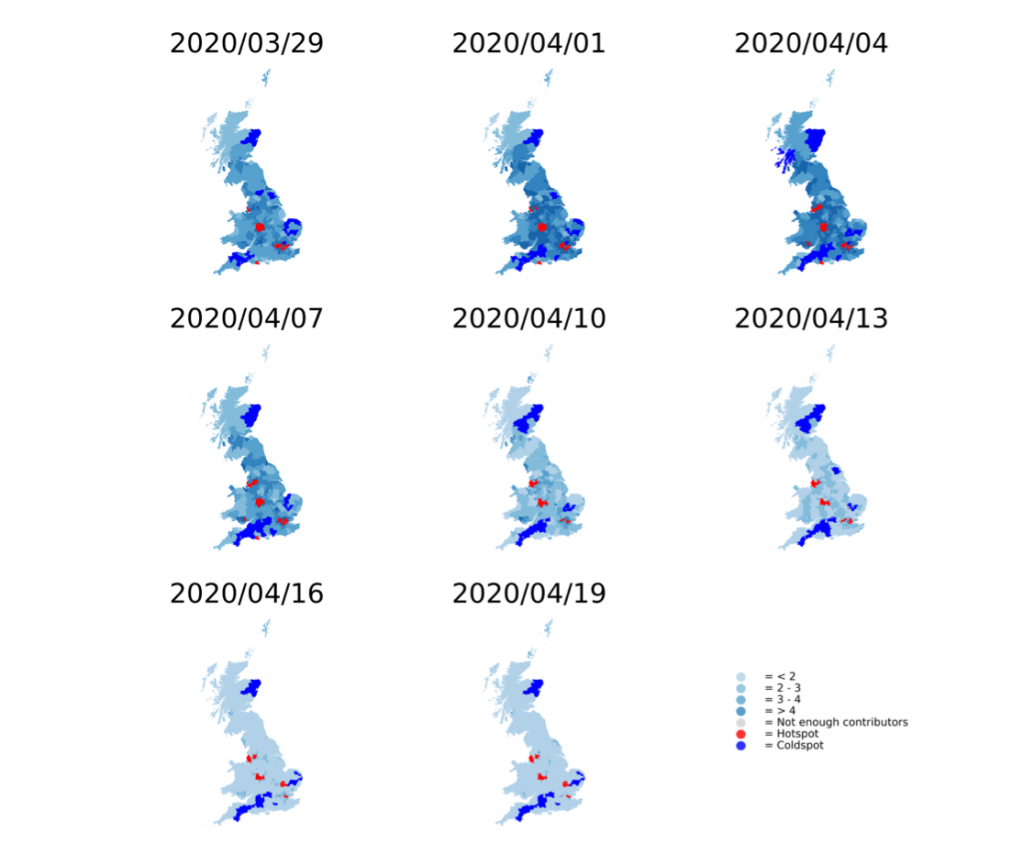10th August 2020 – by Paz García

Going to work on an egg may be a good idea after all, as new research from TwinsUK has found that key nutrients in certain foods – including eggs – are linked with lower blood pressure.
High blood pressure, also known as hypertension, can lead to increased risk of heart disease and stroke. An estimated 1.5 billion people will be affected by hypertension by 2025, and so researchers want to understand how we can reduce high blood pressure back to a healthy level.
Many previous studies have shown that certain foods can affect blood pressure, and the TwinsUK team wanted to explore this further and understand specifically which nutrients in foods are linked with blood pressure.
The team analysed blood pressure data and food frequency questionnaires of over 3,800 TwinsUK participants who don’t use blood pressure medication. The researchers also studied an additional group of identical twin pairs with large differences in blood pressure.
The team found 15 nutrients were associated with blood pressure, even after taking into account other factors such as age, sex and body mass index (BMI).
Three key nutrients however were linked with the largest effect on blood pressure:
1. Alcohol: This had the worst effect on blood pressure, and the more you drink, the higher your blood pressure.
2. Riboflavin: Also known as vitamin B2, this nutrient is found in milk and egg products and can reduce blood pressure.
3. Tryptophan: This nutrient is found in meat products and soybeans and can reduce blood pressure.
First author Panayiotis Louca explained the next steps for this research:
“Our results are further evidence that diet is closely linked with blood pressure. We now need clinical trials to test how different people respond to a modified diet and how it impacts blood pressure. ”
Senior author Cristina Menni said:
“Before we can encourage people to eat more of a certain food to reduce blood pressure, we need to understand how exactly different nutrients affect our blood vessels and blood pressure. Our work supports the need for further research to understand how we could use diet as a tool for preventing and treating hypertension. ”








